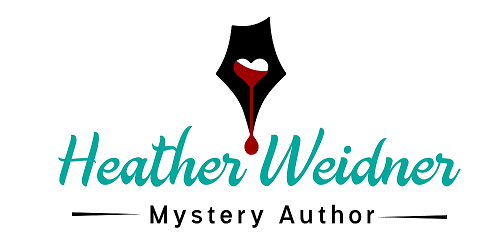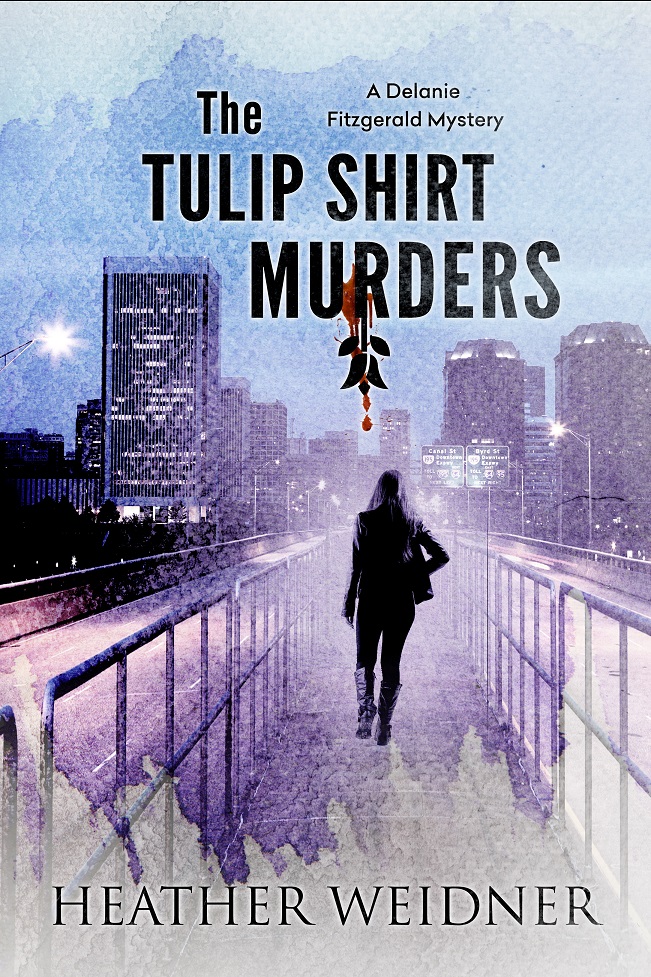Many thanks to Madeline McGowan and Kristina Stanley for the idea for this post.
Not everyone likes to be the center of attention. Some folks like to fly under the radar. Book marketing is a hard job, and you often have to force yourself to step outside of your comfort zone if you want to be successful. You just have to conquer the fear. Tame your butterflies and make them fly in formation.
1. Public speaking (in front of small and large groups) is often a part of the deal. I do about 50 appearances a year, and many want an author panel, interviews, or workshops. Public speaking gets easier with practice, but you have to keep doing it to improve. Look at groups like Toastmasters to get experience and gentle critiques. There are also coaches out there that you can hire to assist. (I taught and trained for years, and that didn't bother me. But public speaking made me shiver to my core. I finally conquered it with Toastmasters.)
2. Use your strengths. If you feel more comfortable with email or social media, use these methods to contact reporters, book reviewers, or book store owners. Sending a written query gives you a chance to reread and polish it before you click send.
3. Cold calling is hard - whether it's in person or on the phone. I am the program chair for my local Sisters in Crime chapter. I often have to call a variety of different authors, companies, or law enforcement agencies to get speakers for our meetings. It does get easier the more you do it. If you are really nervous, write down the key points you want to cover, the contact information, and the date. I also write down next steps in case I have to follow up later. This helps me be organized and focused about what I want to say. And if I'm booking an event, I always send reminders and confirmations.
4. Tell everyone you know about your book. You don't know who's in a book group that may want a guest speaker.
5. Look for creative ways to get the word out about your book. Does your college, homeowner's association, or club have a newsletter that allows announcements? Use these for your promotion.
6. There is safety in numbers. Find a writers' group that likes to work together for promotions and marketing opportunities. I am so grateful for all my author friends who like to do book signings as a group.
7. Look for opportunities to participate in Facebook take-overs, Facebook hops, and Facebook and Twitter parties. These are set times that you post on the site or offer a give-away. This is a great way to get your book out there and in front of new readers.
8. Read blogs and join Facebook or Goodreads groups. Be social. Comment on others' post. This might not sell books immediately, but it builds relationships.
9. Look for opportunities to guest blog on other sites. It takes a little work to write the post, but you get exposure to new readers. I have a blog called Pens, Paws, and Claws with 9 other amazing authors. We feature authors who want to be interviewed about their books and pets. Drop me a line if you're interested.
10. Keep good contact lists of folks you meet along your writing journey. When I add them to my contact list, I add notes, so I'll remember where we met. Make sure to keep contact information for book sellers, reporters, and book bloggers.
11. If you want something, don't be afraid to ask. You'll miss out on opportunities if you don't jump in.
12. Always be professional. Writing is a business, and you need to treat it that way. You don't know who you'll run into again later.
13. Leave reviews for authors when you buy/read their books. Everyone can use reviews. It's good to help other authors. It may not sell your book, but it helps build relationships.
Best wishes with your book marketing! The second book in my Delanie Fitzgerald Mystery series launched this month. I'm so excited that Delanie, Duncan, and Chaz are back for more sleuthing.




























